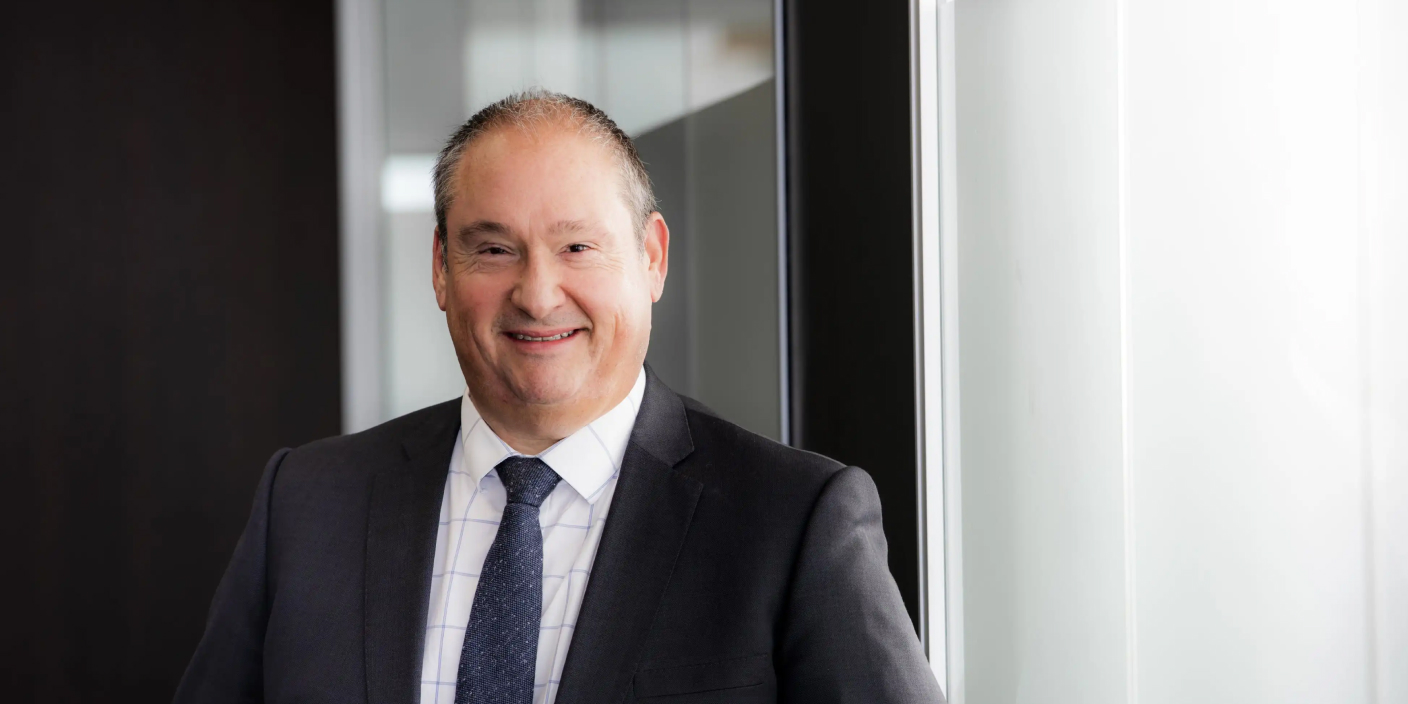Mobile as a Service
(MaaS)
As Peter Radich led the development of a mobile application to automates work for thousands of New Health Group frontline staff, he knew keeping the hardware running threatened a tsunami of work for the IT department.
2degrees proposed a fully managed Mobile as a Service solution across the entire NZHG employee population.
Not only would this immediately alleviate the NZHG IT team from any hardware-related issues (which includes issuing individuals across the country with a device, allocating airtime and data, identifying and resolving any problems with the handset, and issuing new handsets as and when required, including complete fleet updates), but also standardise the devices.
“We don’t want to manage calls from more than 7,000 people when they have a broken phone. We’re best at doing our systems and applications. What 2degrees proposed has every phone accounted for, secure and locked down, and everything encrypted – which is essential when dealing with health records.”
Peter Radich Chief Digital Officer, New Zealand Health Group
Top 5 benefits
Smartphones are standardised
Support is eased with a single handset brand and model dominating the NZHG mobile device fleet. This reduces the cost of support, improves reliability and time to repair, and eases replacement when necessary.
Elimination of support overhead
The NZGH IT department no longer deals with the considerable logistics and support requirements emerging from more than 7,000 handsets in the field. This sharpens focus on value-adding activities, particularly around the crucial NZHG app used by its people to manage their workday.
Predictable costs
With an up-front fee agreed for support, NZHG has a stable budget with no surprises.
Hassle-free, reliable device fleet
With Mobile as a Service, every employee has a quality, reliable smartphone in their hands at all times. Repairs and replacements are handled rapidly, minimising business disruption and contributing to effective patient/customer service.
Reduced telecommunications spend
No-fee on-net calling combines with generous data and free calling allocations for a significant reduction in operational cost.
Results
“We got started with this option back in 2020 and it has proven highly effective. It’s even delivered some unexpected benefits, including a substantial reduction in spend on telecommunications costs thanks to the allocations, rollover data provided by 2degrees, and the fact that on-net calling incurs no charges,”
NZHG’s people are empowered to deliver care to the people we support, where and when it matters most. “Our organisation is about delivering our care services for the people we support and making their lives better. With 2degrees handling the handsets, data and minutes, every one of our people can do their job better, faster and more efficiently. We’ve seen increased uptake of the app – a key metric – and because of that, we have a better-managed workforce, with better data coming back. 2degrees has given us a very flexible, very comprehensive, and very secure solution.”


